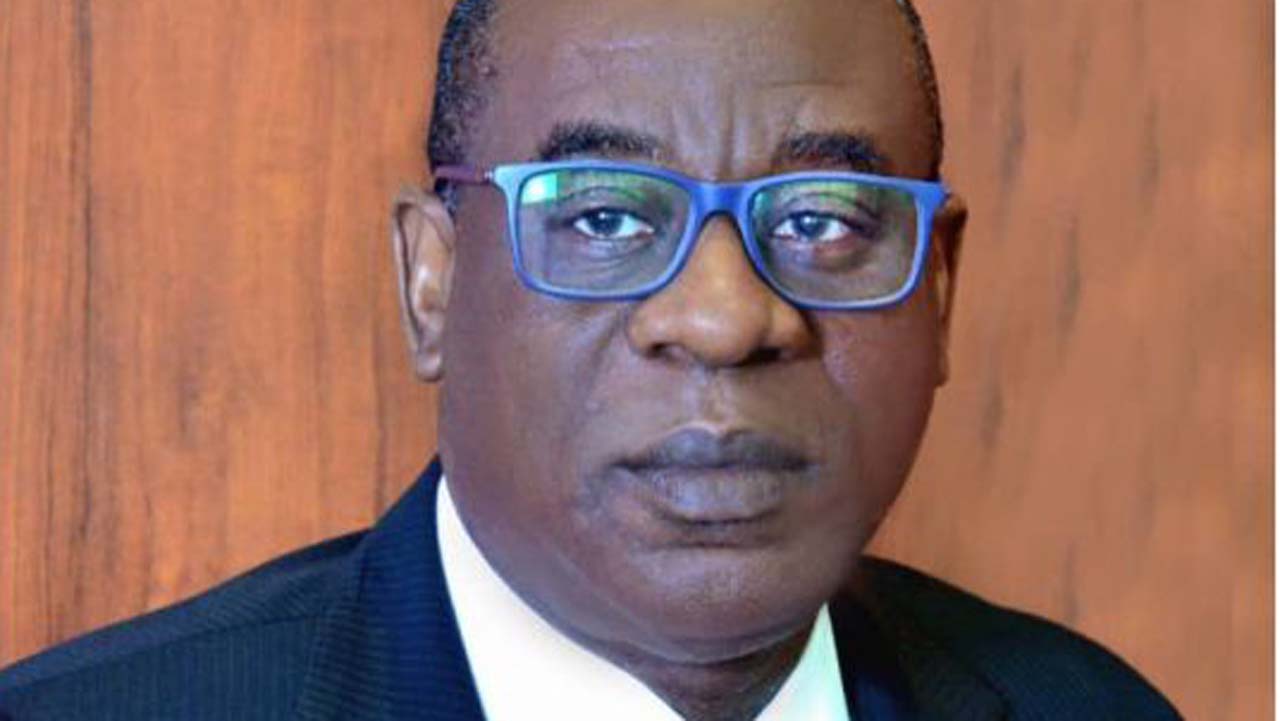
Recent projections point to a reasonably stable naira in the medium to long term and a possible closure to the volatile trading seen in the past decade.
[ad]
In the last 10 years, the currency lost over 80 per cent of its value. In the last trading session of last week, the currency closed at N775.76/$, from less than N150/$ about a decade ago.
And in the past two months alone, following the liberalisation of the foreign exchange (FX) market, the currency lost about 40 per cent of its value against the greenback at the official market. It was trading at an average of N463/$ before the June 14 convergence.
But while the local currency fell sharply at the official market window, the decade-long wide arbitrage blamed for round trip transactions and other manipulations narrowed to almost zero per cent.
Even in the face of the recently renewed crisis, the spread, which hit 100 per cent in the height of the crisis last year, currently sits around 10 per cent.
Dr Muda Yusuf of the Centre for Promotion of Private Enterprise (CPPE) and other economists are bullish on the long-term outlook of the naira, saying the market only needs to weather the short-term pressure.
weekend, the Economist Intelligence Unit (EIU), a global business intelligence research organisation, expressed concern about the country’s commitment to market liberalisation, foreclosing a sharp fall in the value of the currency.
According to EIU forecast, the naira would close next year at N815/$, which is five per cent less than its current trading band. It also puts 2027’s closing value at N1,018/$, which means the dollar would edge higher against naira with less than 30 per cent.
[ad]
In both cases, naira would fall more slowly than it witnessed in recent years and months. Since the multiple exchange rate harmonisation, less than two months ago, the currency has seen a faster fall, from $463 to its current N750/$ plus.
As the currency battles what many economists have described as short-term shocks, EIU balked at the ability of the Central Bank of Nigeria (CBN) to hold against the pressure, suggesting that the apex bank could increase its intervention to prevent a free fall.
It pointed out that the monetary authority does not have sufficient experience handling a flexible exchange rate system but had been successful in handling a managed float.
“The CBN lacks experience in conducting monetary policy under a float, and the need to control rapidly increasing inflation will become more acute over time.
“Our forecast is finely balanced, but we expect a return to heavier exchange-rate management from the second half of 2023 as the naira slides beyond N800/$1 from N770/$1 in early July,” EIU argued.
It is not clear whether the forecast for next year through to 2027 is based on its expectation that the CBN would intervene or be anchored on the current policy thrust. But it noted that the currency would fall “more slowly than expected”.
“Foreign-exchange scarcity will persist in the near term despite partial unification of the official and the black-market exchange rates. We expect the CBN to revert to heavier management of the exchange rate in late 2023 to tame rapid price rises,” analysts at EIU suggested.
But the Bank of America (BOfA), in an earlier report, was more bullish about the future outlook of naira. BOfA said naira had moved from being overvalued to undervalued following the long-awaited foreign exchange reform, in a June 28 note to clients.
“We now see a naira fair value of 680 per dollar (previously 580). However, naira is likely to trade above this level, with year-end N700, and a return to N650-N680 in early 2024,” BOfA analysts said.
The caution, the analysts said, was a transition time, as aligning rates and unlocking more dollars into the formal market would take some time. When the dust has settled, the value of the naira should be stronger and appreciating,” the analysts at BOfA added.
[ad]
According to BOfA, higher oil exports ($12 billion more) and a liberalised import regime ($10 billion increase in non-oil imports) will still result in consistent current account surpluses over the medium term, which will boost dollar inflows required to support naira.
“An addition of $12-13 billion on export revenues from higher oil production is moderated by a liberalised imports regime that could add $10 billion as non-oil imports increase. Still a net gain of $2-3billion that strengthens the current account surplus,” the analysts said.
Standard Chartered Bank also viewed naira as undervalued following the float and expects the currency to strengthen to N685 per dollar as Nigeria implements reforms needed to fix the market.
Investment experts, who had described the first few weeks following the liberalisation as a wait-and-see period, expect capital inflow to improve as the policy takes root.
In June, indeed, foreign capital inflow into the country increased by 44.3 per cent to $298.8 million, according to information provided by FMDQ Securities Exchange.
The inflow was still “underwhelming” low when compared to the pre-pandemic monthly average of $1.56 billion but the improvement was a sufficient positive signal that investors are beginning to consider the Nigeria market.
Additionally, the exchange stated that total inflows on the Investors & Exporters (I&E) window increased for the second consecutive month, rising by 23.8 per cent month-on-month to $1.41 billion in June, higher than $1.14 billion recorded in May.
Cordros Securities had expressed optimism that the reforms in the forex market would translate to improved liquidity conditions over the medium term as market confidence improved.
However, it stated that foreign investors will likely adopt a ‘wait-and-see’ approach in the near term as they await the CBN’s actions in clearing its forex backlogs and the direction of short-term interest rates amid high inflation.
“We understand that the CBN has granted the international oil companies (IOCs) permission to resume selling dollars to dealing member banks, as against the previous arrangement of selling to the CBN,” it stated.
[ad]



